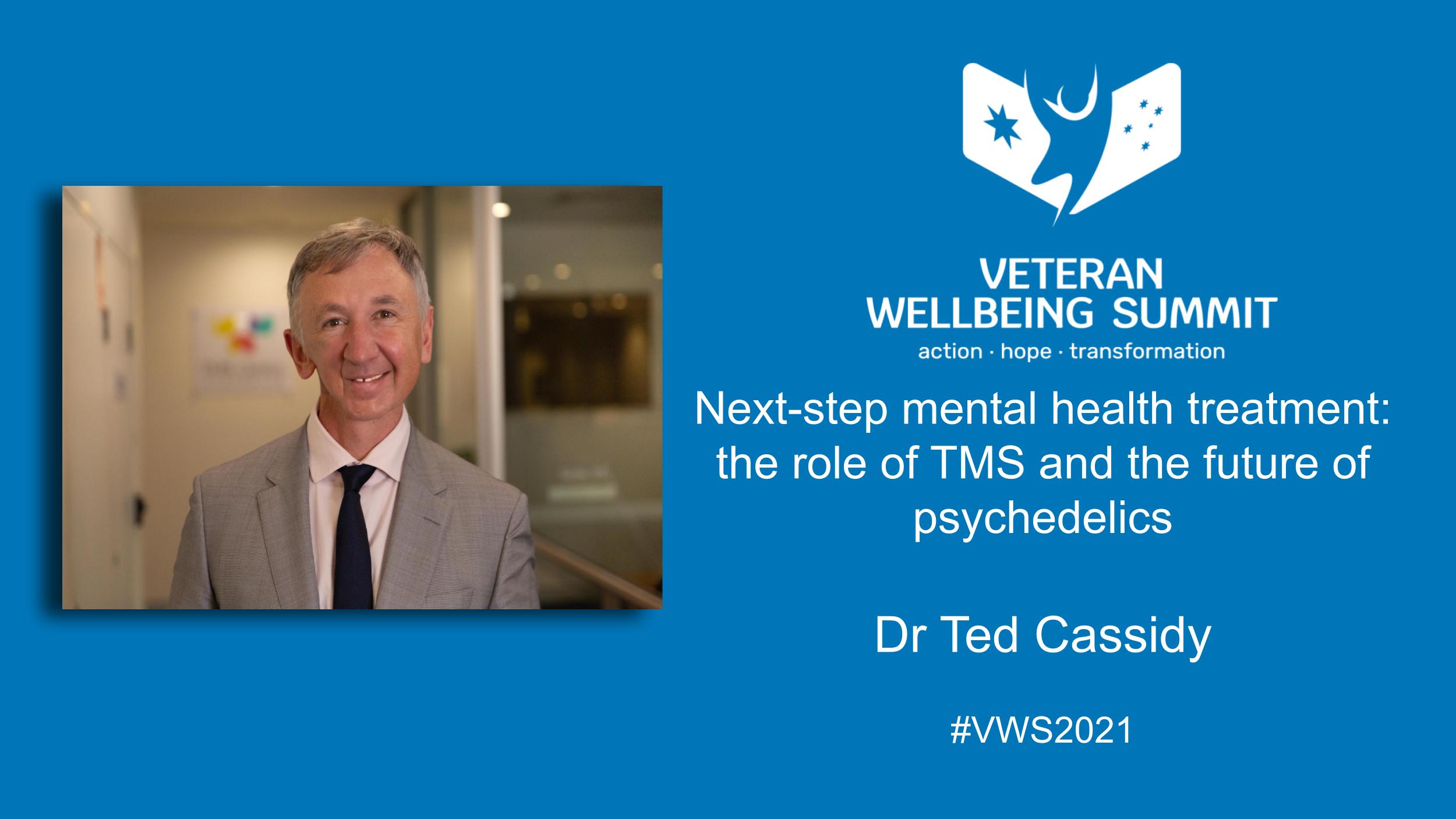Register here to access the recording
This presentation will highlight research into next-step treatment options for PTSD, including TMS and psychedelic-assisted psychotherapy. Not everyone who develops post-traumatic stress disorder (PTSD) will require treatment; but for those who do, psychological counselling is first-line treatment with or without antidepressants. But not everyone responds to standard treatments – so what are the next-step options? TMS is a non-invasive, safe, outpatient treatment. It is effective for treatment-resistant depression, and it is also used to treat anxiety. TMS is not electroconvulsive therapy – it does not use electricity; instead it uses magnetic pulses to stimulate specific areas of the brain. Given the link between depression and anxiety and PTSD, TMS has often been prescribed when standard treatments alone were not enough. This has contributed to emerging evidence of its benefit in improving PTSD-specific symptoms. But there is no one-size fits all in mental health – what works for some, may not work for others. This is why research is ongoing to expand treatment options to help more people get well. There is now emerging evidence suggesting psychedelic-assisted psychotherapy can help improve symptoms when other treatments alone are not enough.
To find out more http://tmsca.info/VWS
Dr Ted Cassidy
Dr Cassidy has a special interest in innovative, drug-free treatments for patients who are refractory to pharmacotherapy. Dr Cassidy has been TMS credentialed through the Monash Alfred Psychiatry Research Centre TMS training program. Since 2014, he has worked extensively to establish outpatient clinics to expand patient access to convenient and effective TMS treatment throughout Australia. Dr Cassidy previously founded The Hills Clinic group and hospital, the first purpose-built private mental health hospital in Australia and served as the Medical Director from 2004 to 2017.

